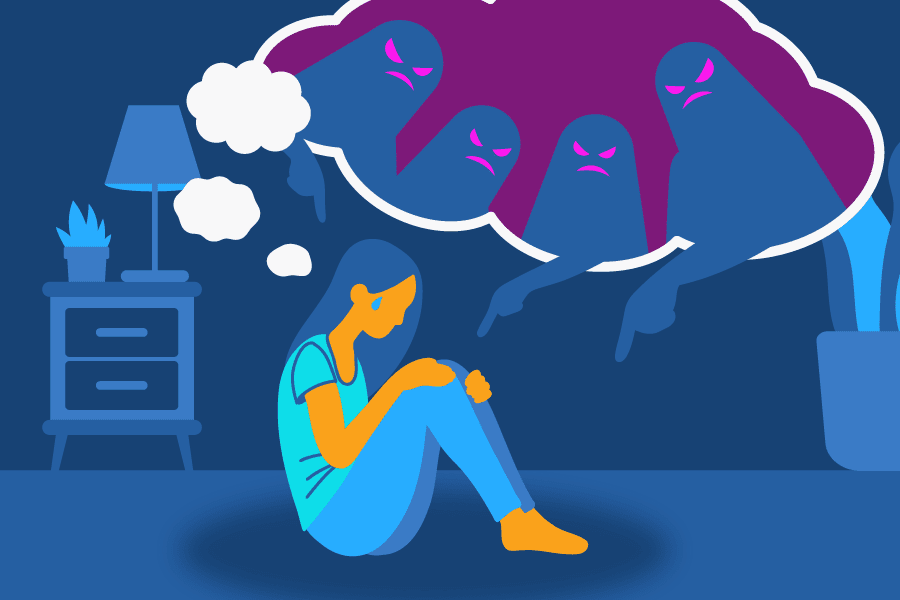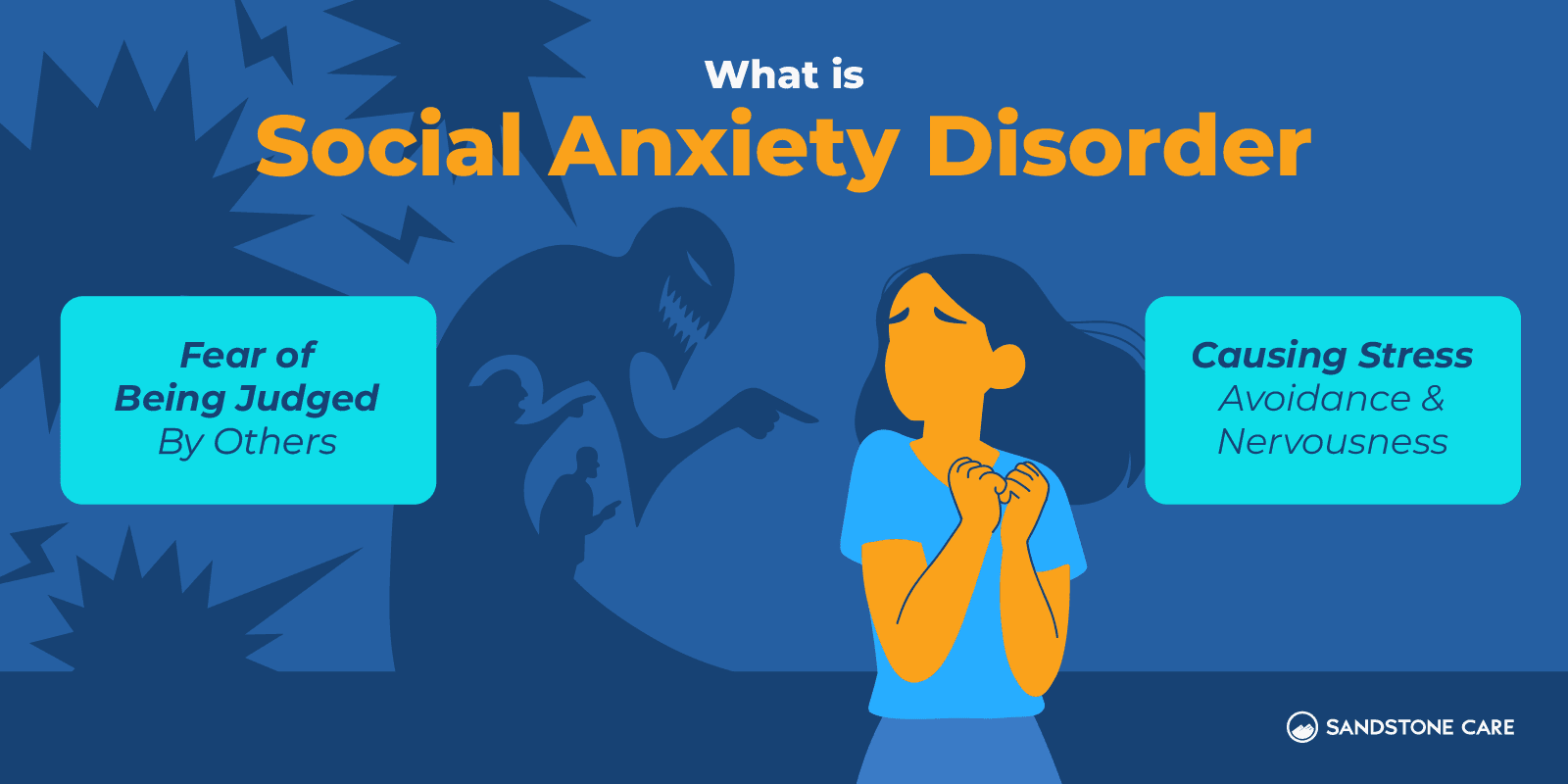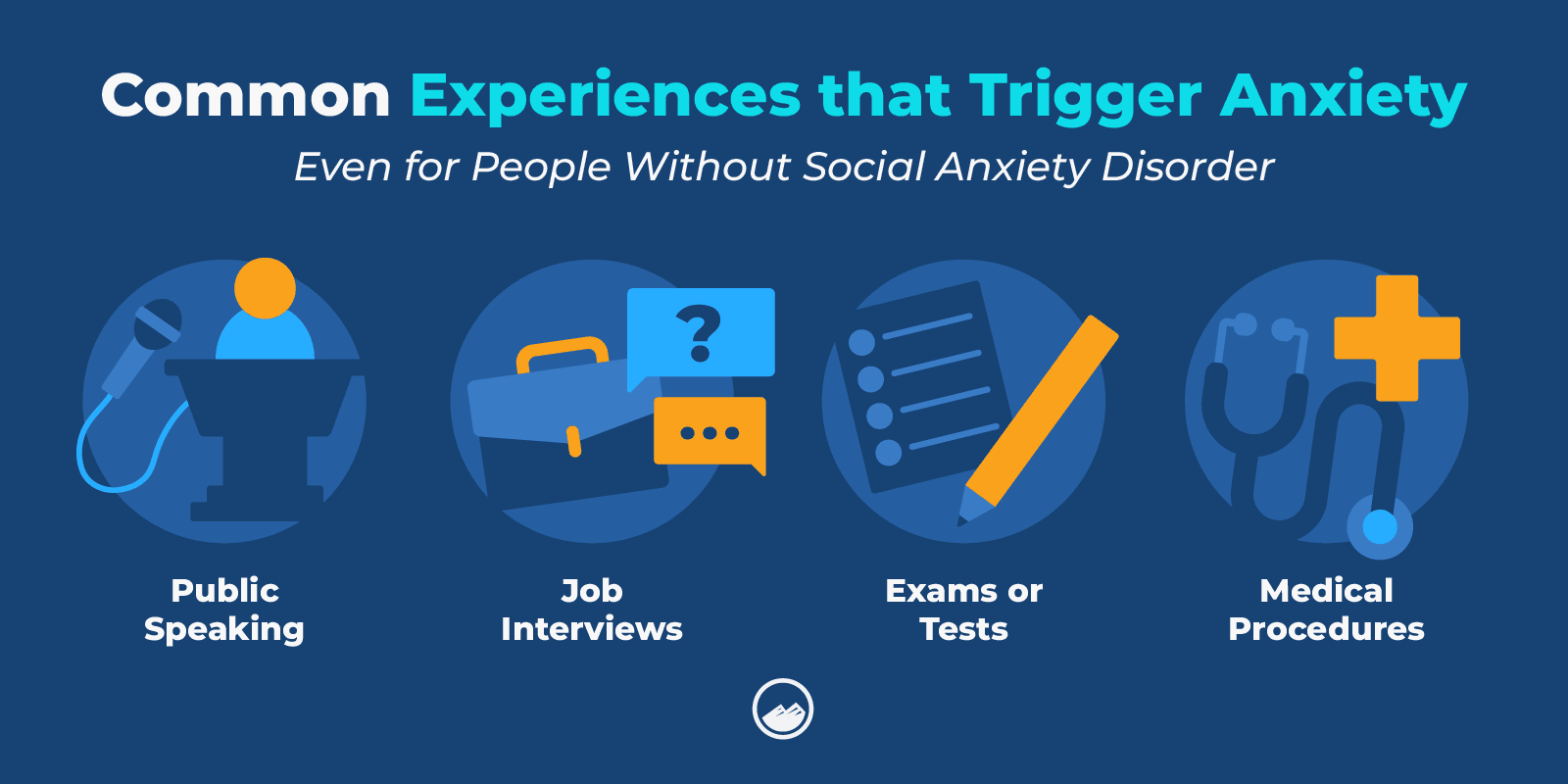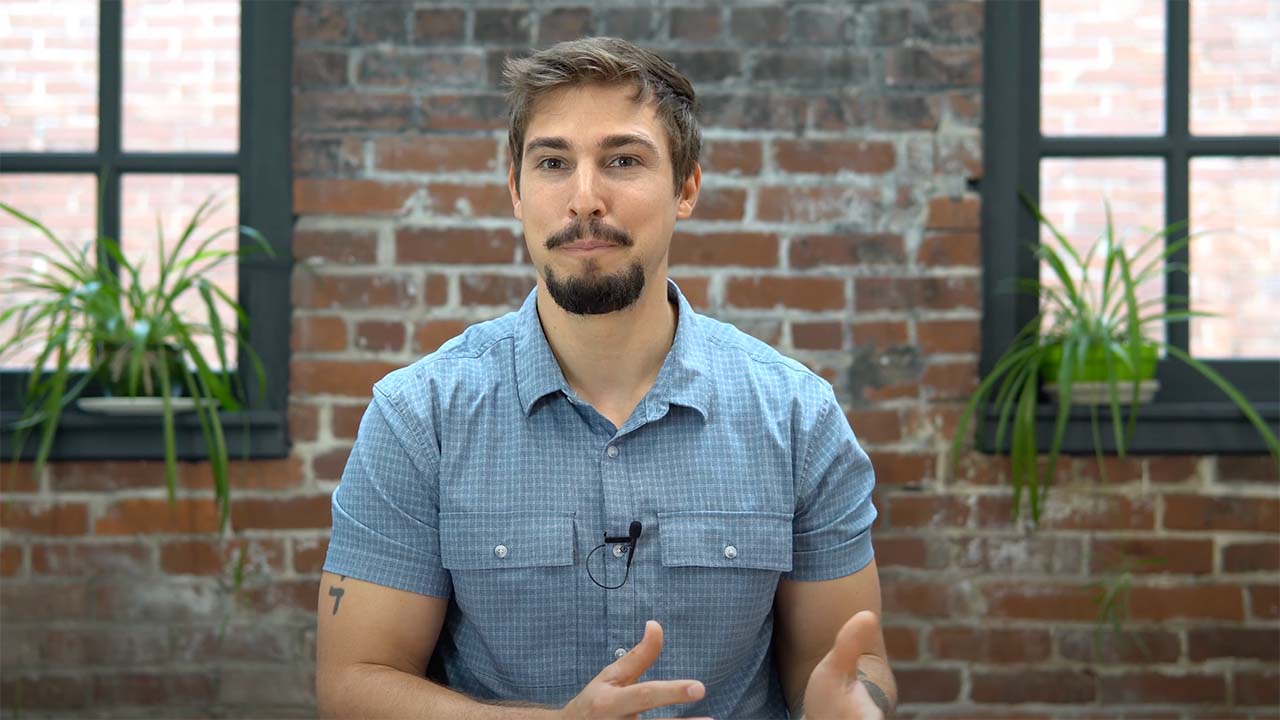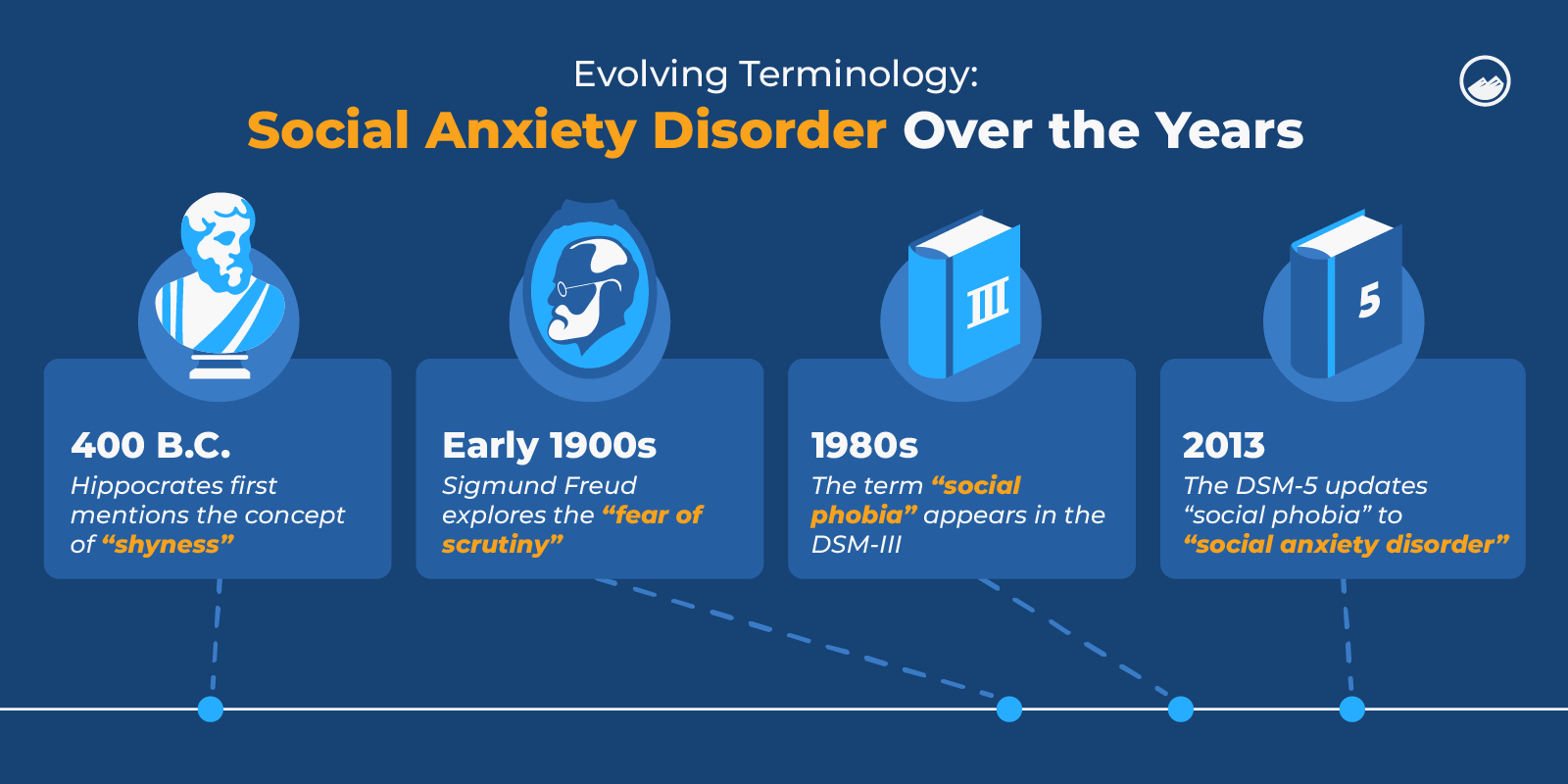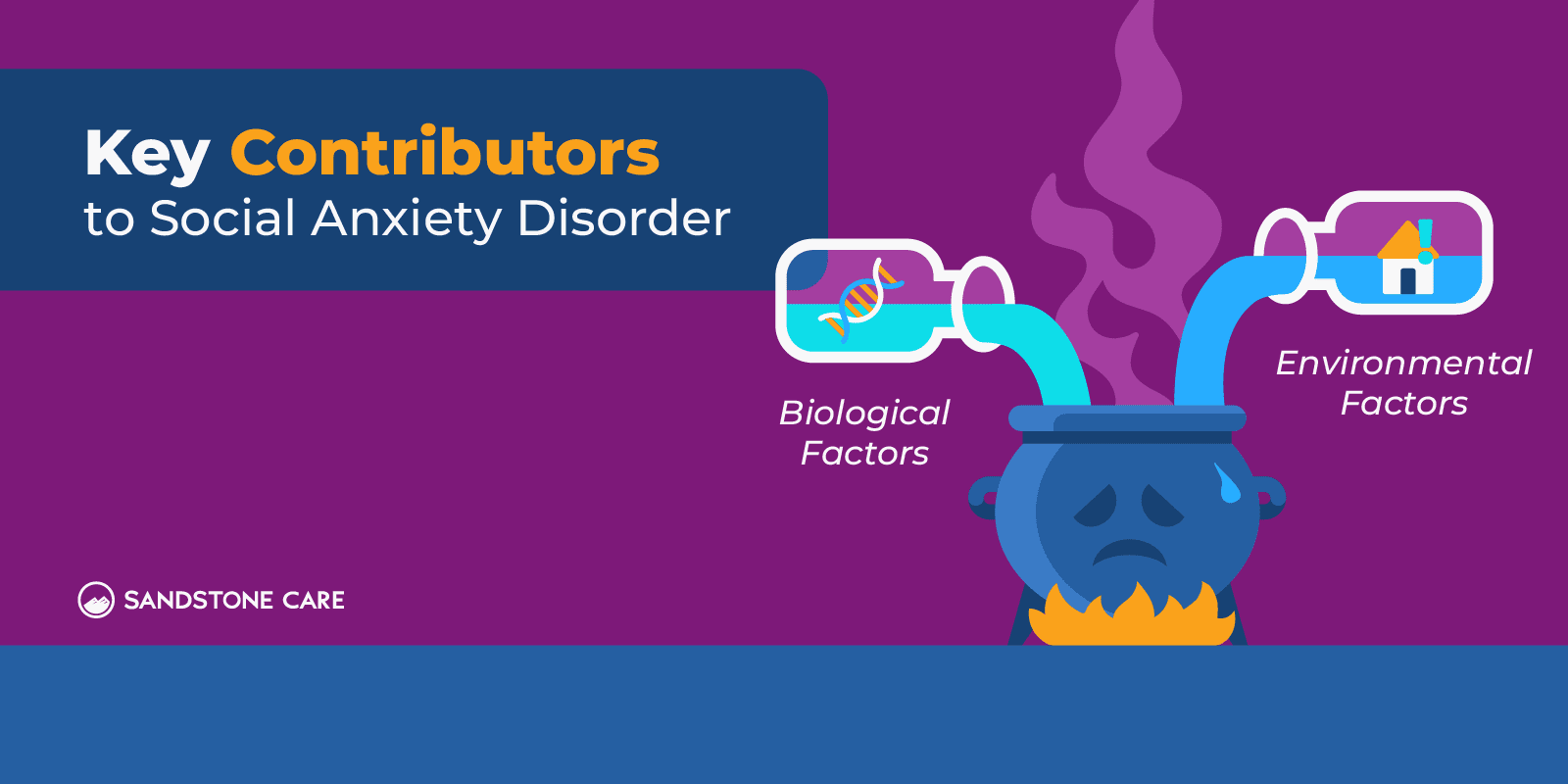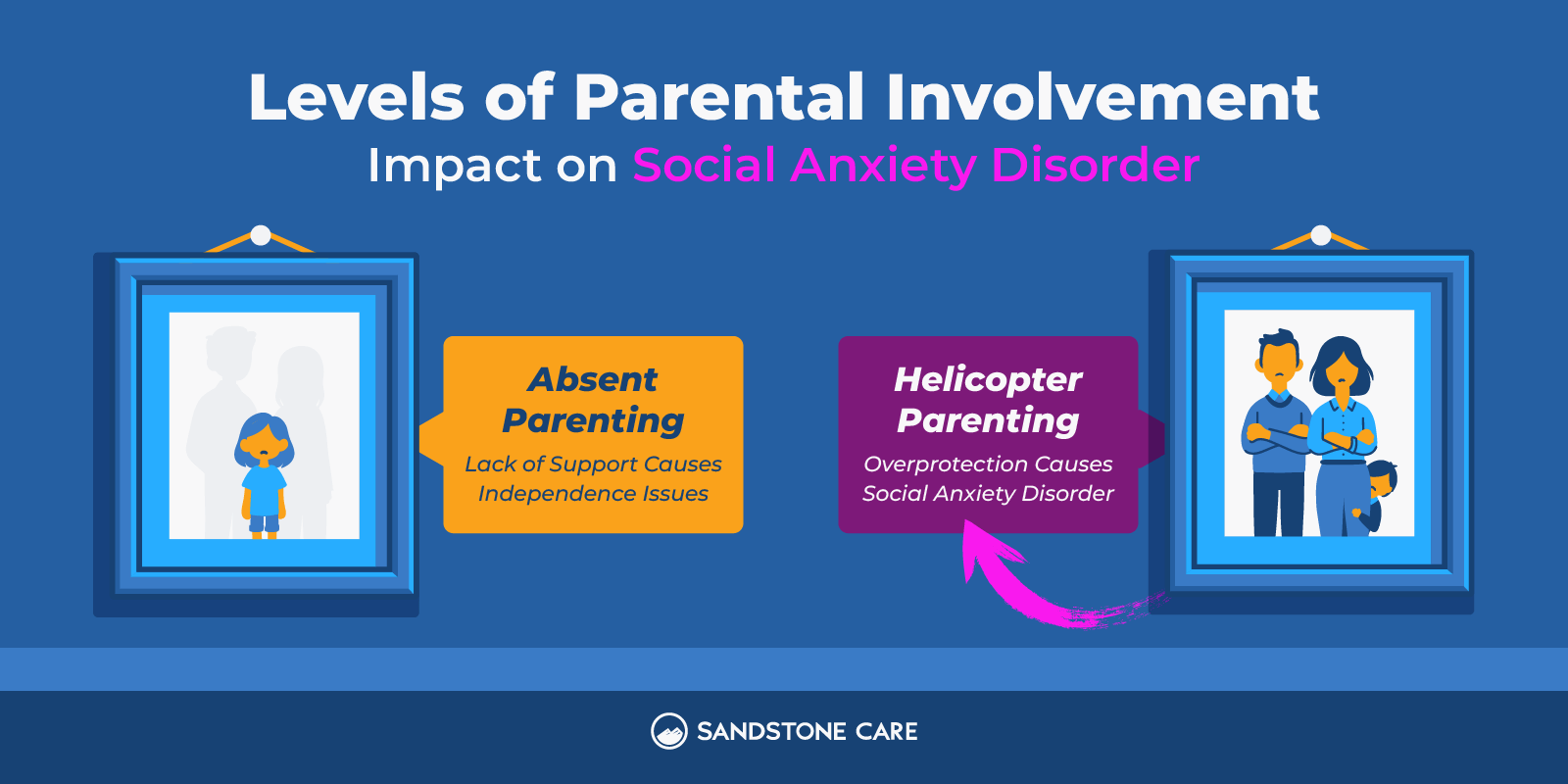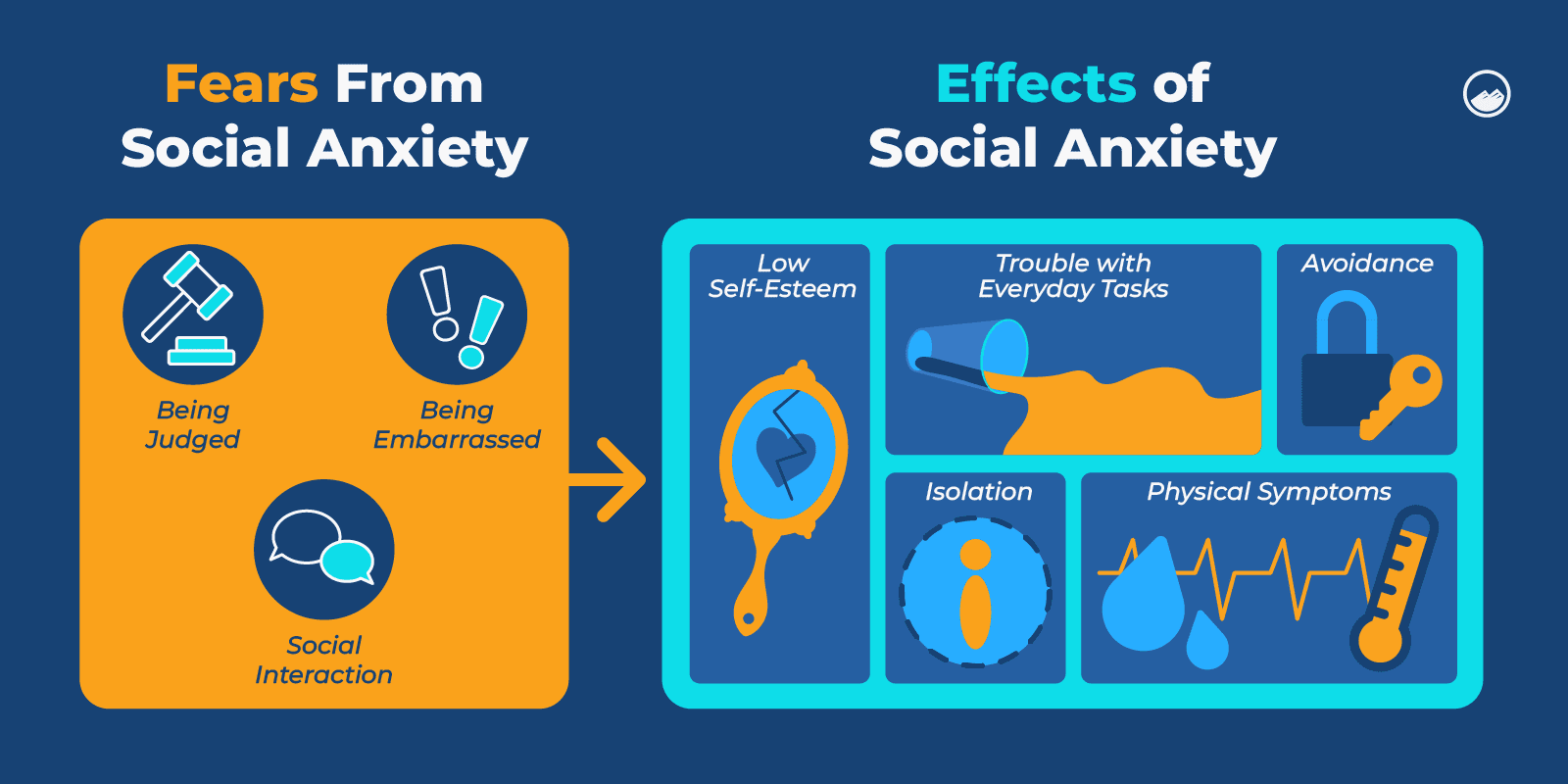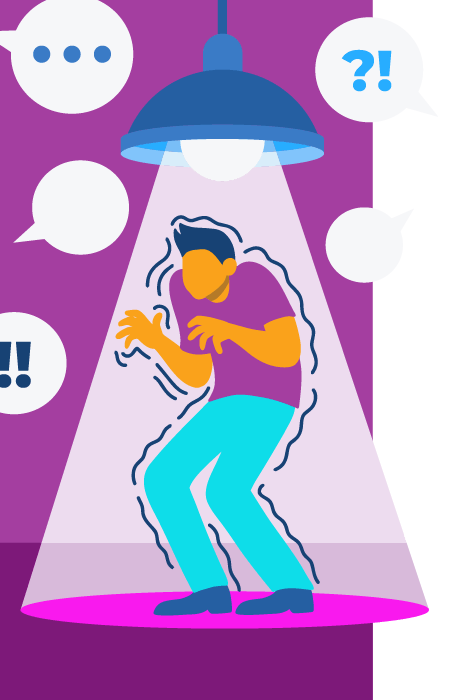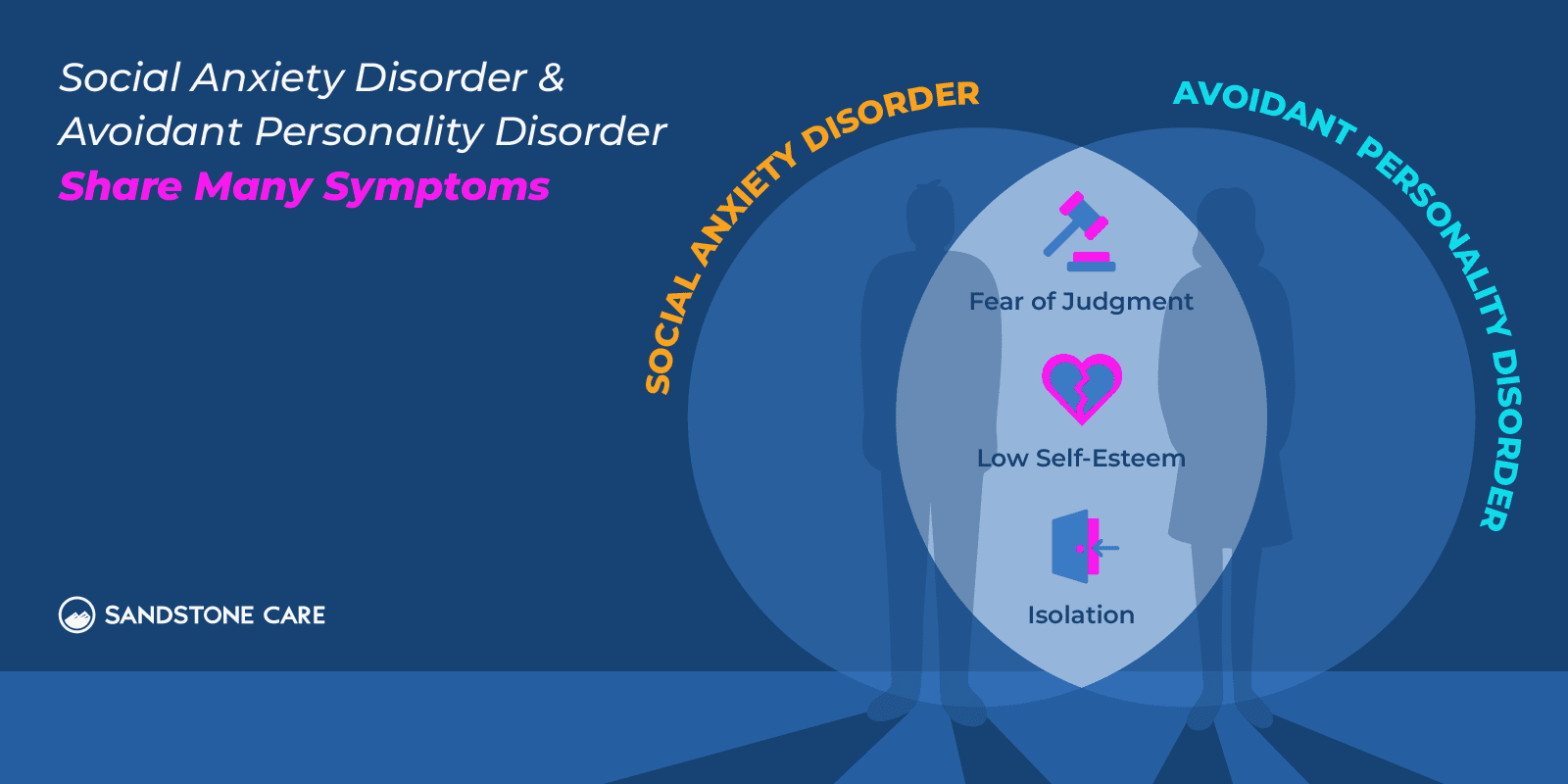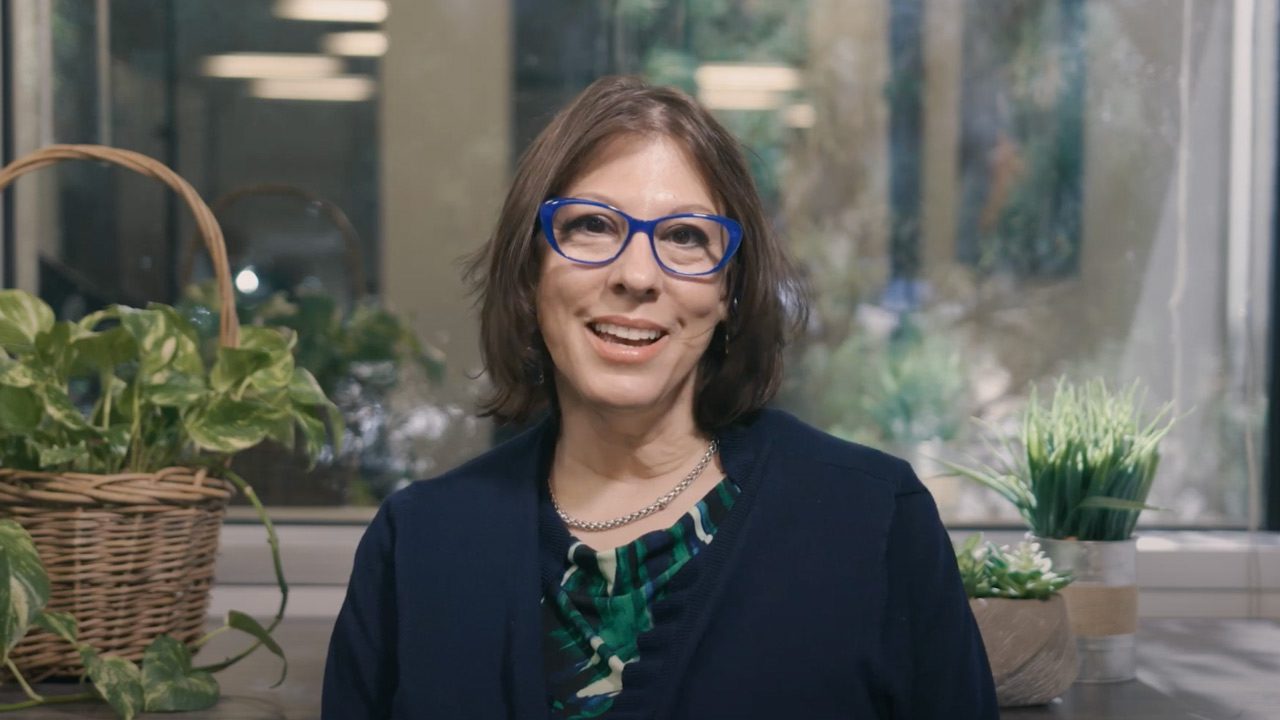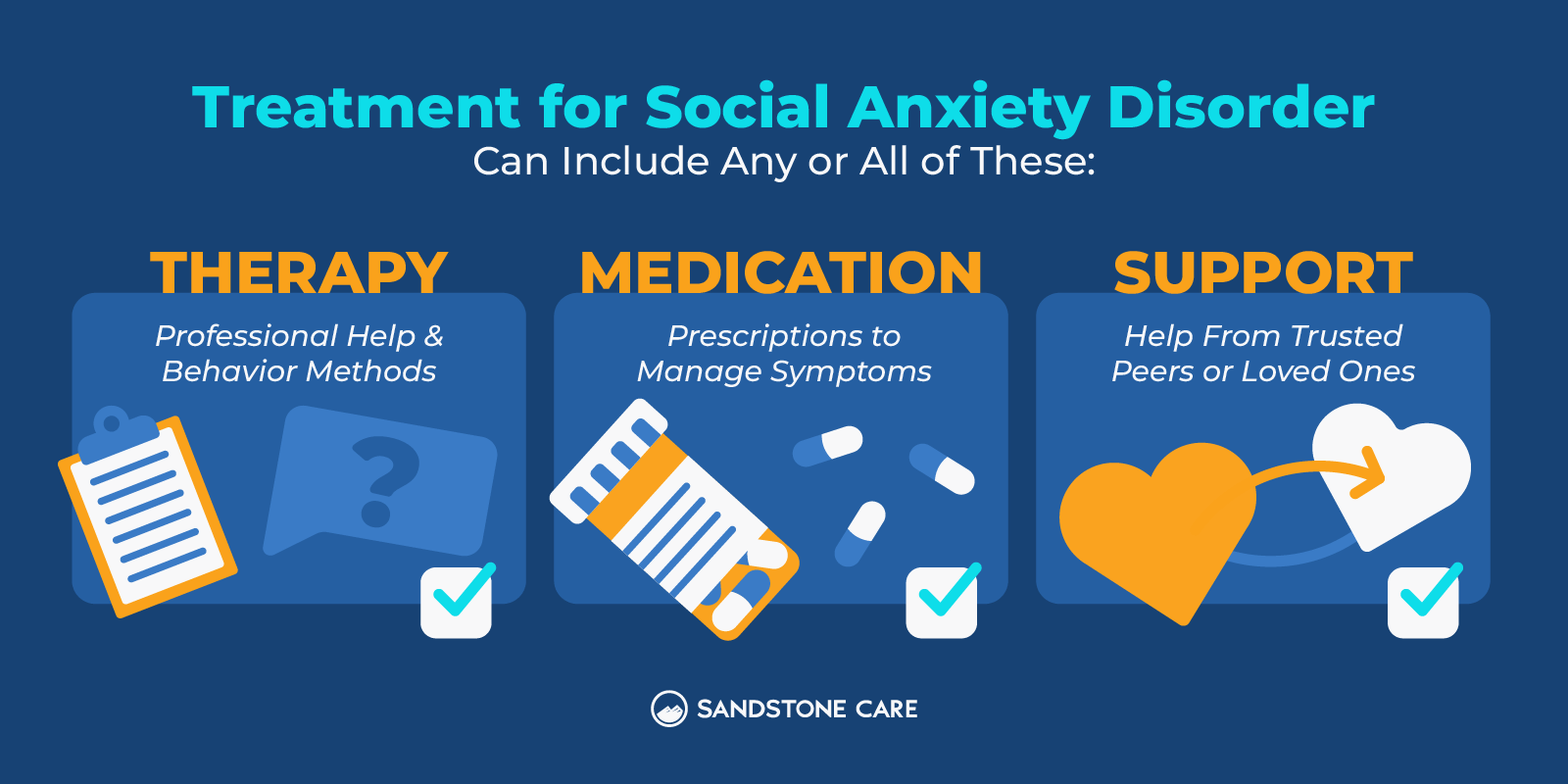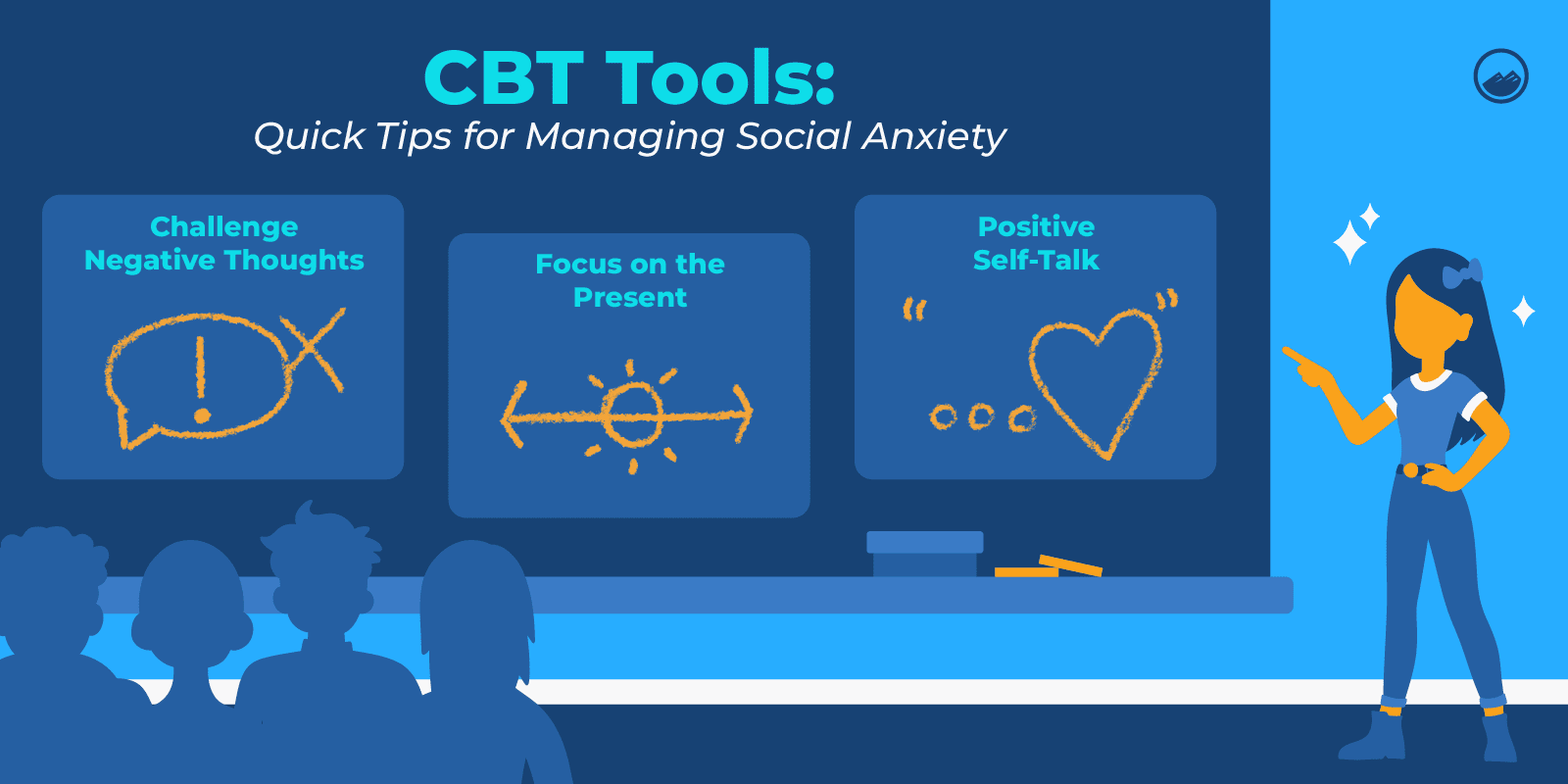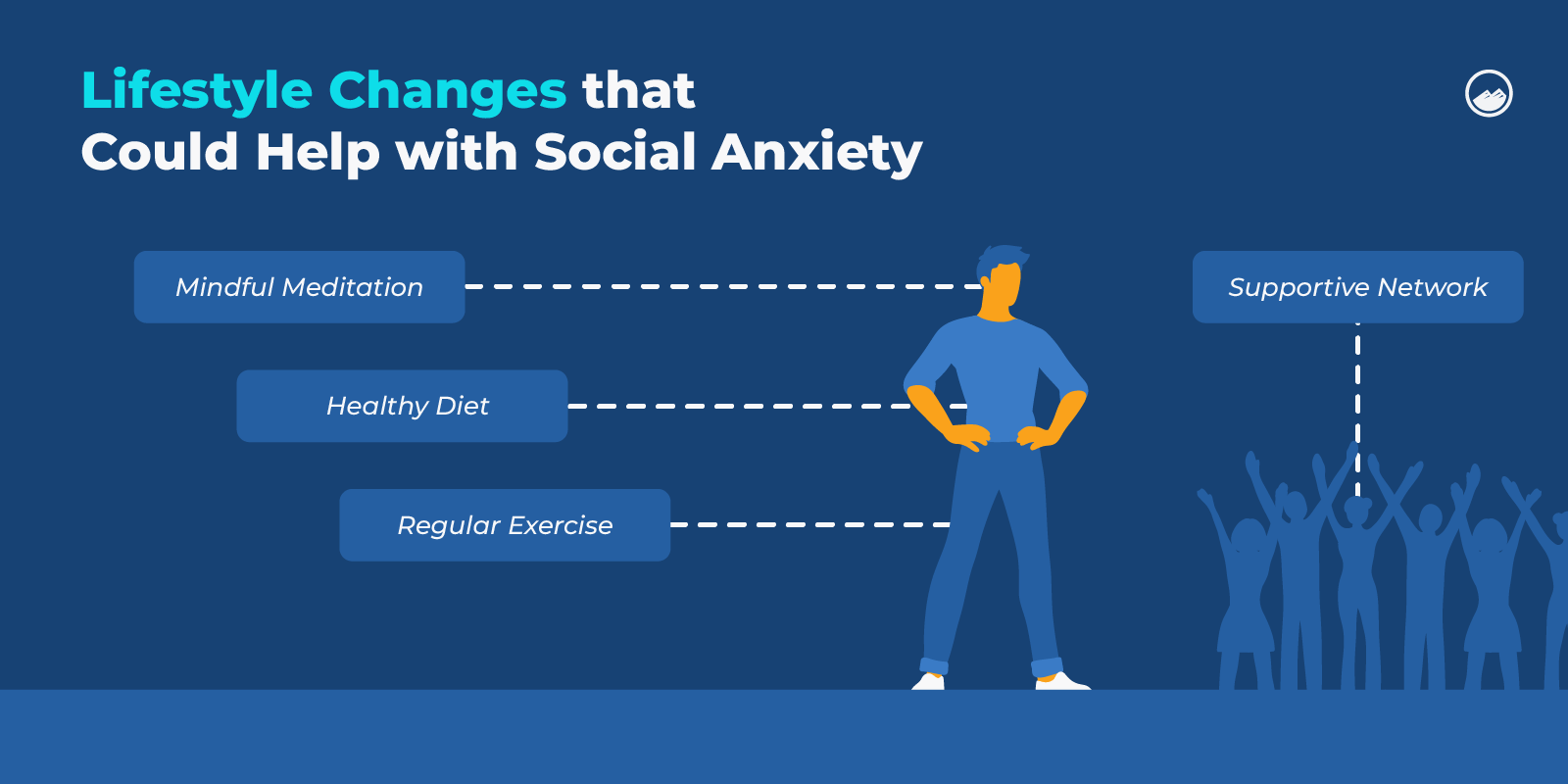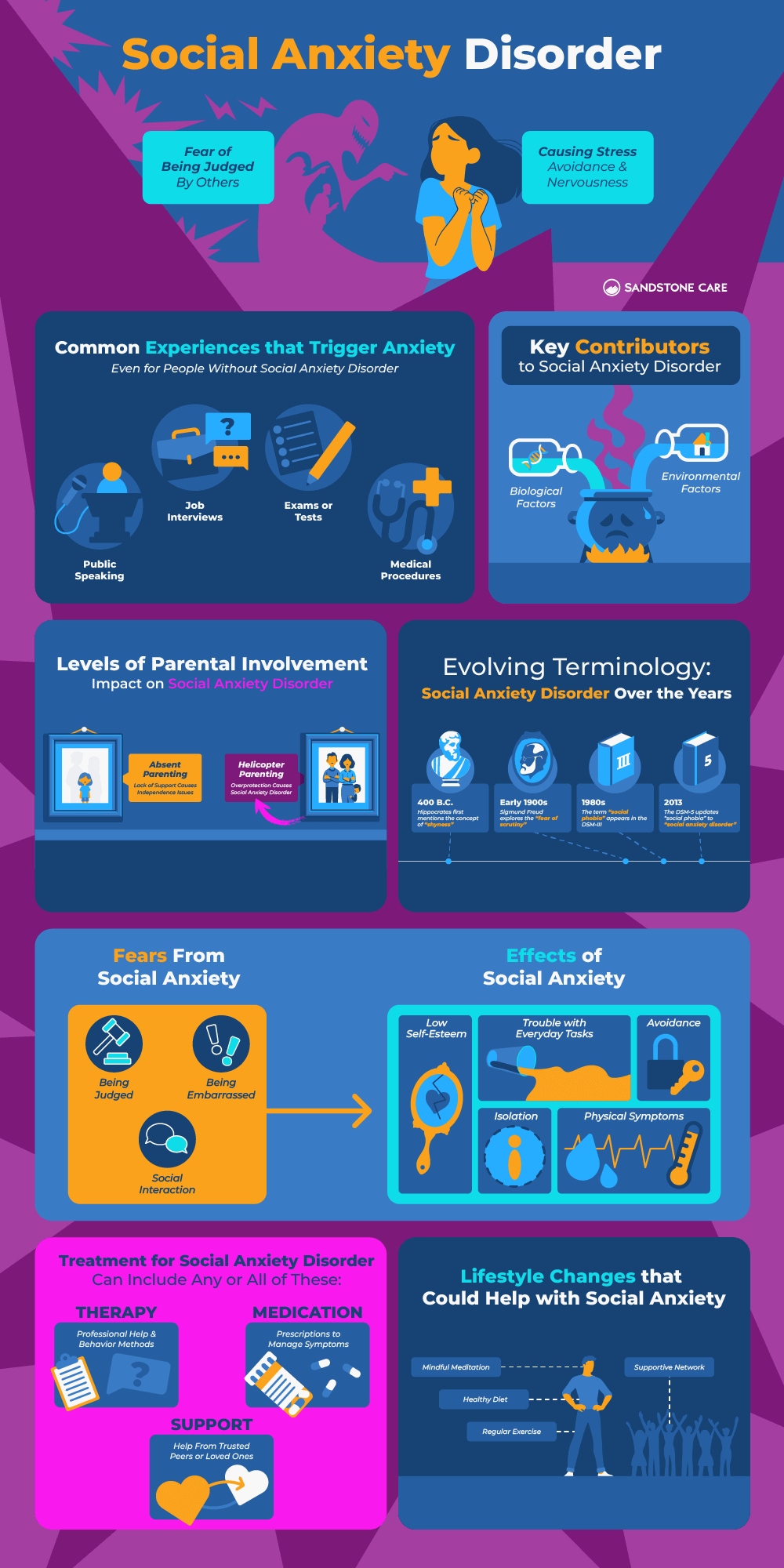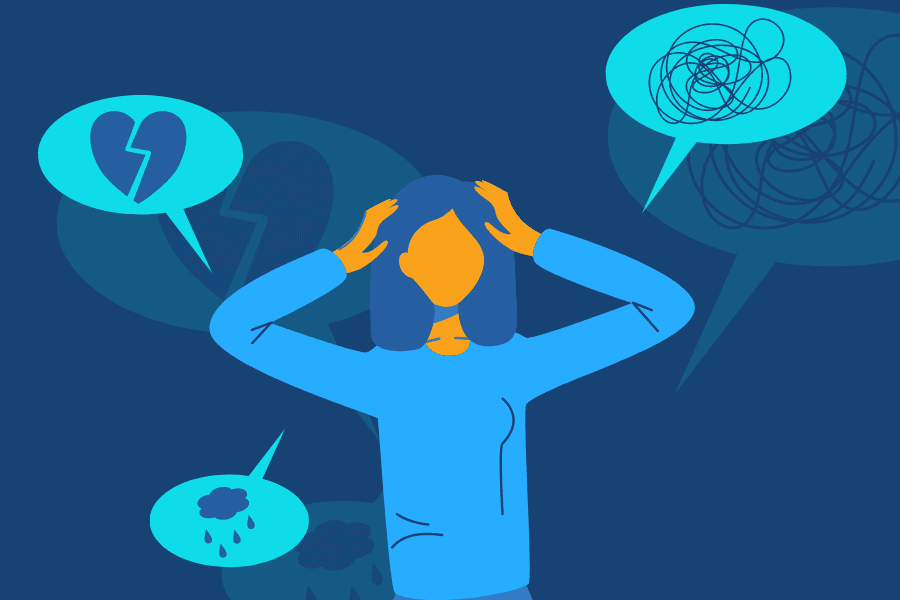Social Anxiety Disorder
What Is Social Anxiety Disorder?
Social anxiety disorder, previously referred to as social phobia, involves an extreme fear of being judged by others.
This persistent fear can impact a person at school, work, or other everyday activities. It can also affect a person’s relationships, ability to make friends and new connections.
Social anxiety is a common type of anxiety disorder where a person feels anxiety or fear in social situations. They have consistent negative thoughts that make them feel that they are being scrutinized or judged by others.
What Is the Difference Between Social Anxiety and Social Anxiety Disorder?
Social anxiety refers to occasional feelings of nervousness in social situations, whereas social anxiety disorder (SAD) is a diagnosable mental health condition characterized by intense and persistent fear or anxiety about social interactions that significantly impairs daily functioning.
For example, talking in front of crowds or being in a room full of strangers are both settings that can make any person a bit nervous or anxious.
However, when a person is diagnosed with social anxiety disorder, they experience persistent fears and worries surrounding social situations. It is not easy to try to ease these worries, and these fears can cause distress and avoidance for people with social anxiety disorder.
Who Is Most Affected by Social Anxiety Disorder?
Social anxiety disorder is typically diagnosed in late childhood and occurs more commonly in females than males.
When Does Social Anxiety Develop?
Social anxiety is often seen in later childhood and teenage years.
It often appears as extreme shyness or commonly avoiding social situations and interactions, but it can also lead to coping behaviors such as substance abuse.
History of Social Anxiety Disorder
When Did Social Anxiety Disorder Start?
The term “social phobia” first appeared in the third edition of the Diagnostic and Statistical Manual of Mental Disorders in the 1980s, according to a story from the American Psychological Association.
However, the idea of “shyness” dates back to 400 B.C. when Hippocrates first mentioned it.
What Was Social Anxiety Disorder Formerly Called?
In the Diagnostic and Statistical Manual of Mental Disorders (DSM-5), social anxiety disorder was formerly called “social phobia.”
Is Social Anxiety New?
Social anxiety is not a new idea or a new experience. However, studies show that certain types of social anxiety are becoming more common every year.
Studies also show that the COVID-19 pandemic has had negative impacts on mental health in the world, affecting social interactions and relationships, which can contribute to social anxiety disorder.
Social Anxiety Disorder Causes
What Are the Causes of Social Anxiety Disorder?
Having a family history of social anxiety may put a person at a higher risk of developing it as well; however, it is unclear why some family members develop it while others don’t.
Others may develop symptoms of anxiety as a response to traumatic experiences or negative dynamics such as toxic relationships.
Research is being done to understand how genetic risk factors and environmental factors play a role in the development of social anxiety disorder.
Are You Born With Social Anxiety, or Is It Developed?
Social anxiety disorder is believed to develop from both biological and environmental factors.
What Chemical Imbalance Causes Social Anxiety?
It is typical for people with social anxiety disorder to have chemical imbalances of neurotransmitters in the brain, specifically serotonin.
Serotonin is an important natural chemical in the brain and body that plays an important role in mood, emotions, digestion, and many other important functions.
A lack of serotonin can lead to negative mood states and has been shown to play a role in the development of mental health disorders such as depression, anxiety, mania, and other health conditions.
Can Parents Cause Social Anxiety?
Studies suggest that high levels of parental anxiety, overprotection, or rejection from a parent have been associated with high levels of social anxiety disorders in youth.
Some sheltering parenting styles have been found to increase the likelihood that a child will develop social anxiety later in life.
What Parenting Style Causes Social Anxiety?
Overprotection is a parenting behavior that is linked to heightened levels of social anxiety in youth.
“Helicopter parenting” is a popular term used to describe a parent who is overprotective and excessively interested in their child’s life.
While being involved in your child’s life and protecting them is critical in raising children, helicopter parenting involves a lot of worry and anxiety that causes a parent to become too overbearing in their child’s life.
A helicopter parent might try to control and oversee every aspect of their child’s life, do things for them that they should be doing on their own, or be overprotective in their life.
This behavior can teach children that they don’t have the skills to navigate the world on their own, including in social situations, so the child becomes worried about their abilities. They may develop low self-esteem and lack confidence in themselves.
Over time, this obsession and overinvolvement in a child’s life can negatively impact their life and affect the way they think and act.
Social Anxiety Disorder Symptoms
What Does Social Anxiety Feel Like?
When a person has social anxiety, they can become apprehensive, fearful, and stressed in social settings.
They might worry about embarrassing themselves or having others judge or criticize them.
This may cause them to sweat, feel sick, tremble, or feel like their heart rate is racing or pounding. Their mind may feel like it’s “going blank” when they are faced with a social situation.
Some people might experience panic attacks where they have an overwhelming sense of fear and anxiety. If left untreated, these symptoms may escalate to a panic disorder.
What Is the Biggest Symptom of Social Anxiety Disorder?
One of the biggest symptoms of social anxiety disorder is the fear of interacting with and being judged by others.
This can cause them to isolate themselves to try and avoid the discomfort of anxiety attacks or negative interactions.
Those with social anxiety disorder may go out of their way to avoid parties, events, or performance situations that cause them fear.
How Do Symptoms of Social Anxiety Disorder Differ From Shyness?
A shy person might share similar characteristics with a person who has a social anxiety disorder. However, social anxiety disorder has far more severe symptoms than seen in standard shyness.
Shyness is considered a trait, while social anxiety disorder is a mental health condition that is diagnosed.
A person who is shy might be hesitant to jump into new social situations, might avoid certain social situations that are out of their comfort zone, or become nervous in certain social settings. While these things are similar to social anxiety disorder, shy people can often get themselves to perform when they have to.
Whereas, with social anxiety disorder, these symptoms can impact their quality of life and cause a large amount of distress.
For example, people with social anxiety disorder may avoid settings like public restrooms or help desks even when they are desperately needed.
Is It Obvious When Someone Has Social Anxiety?
Sometimes, people with social anxiety disorder may not show obvious symptoms.
However, some signs a person may have social anxiety can include:
- Blushing, sweating, or trembling in a social setting
- Having a stiff body posture
- A very soft and quiet voice
- Difficulty making eye contact
How Do People With Social Anxiety Behave?
People with social anxiety experience intense fear and anxiety in social situations.
This can cause them to be extremely shy in front of others, or they might even avoid as many social settings as they can.
This fear may also cause them to be overly quiet, seem stressed, avoid eye contact, or cause them to “freeze” in social settings.
Avoidant Personality Disorder vs Social Anxiety
What Is the Difference Between Social Anxiety and Avoidance?
While social anxiety and avoidant personality disorder share many similar symptoms, they are their own disorders with differences.
One of the biggest differences is that people with social anxiety tend to avoid certain social situations, such as public speaking, whereas people with avoidant personality disorder tend to try to avoid any social interaction at all.
What Are the Similarities Between Social Anxiety and Avoidant Personality Disorder?
Similar to social anxiety disorder, avoidant personality disorder involves an extreme fear of rejection or judgment.
Social anxiety and avoidant personality disorder also involve anxiety, emotional instability, and interpersonal avoidance.
Can You Have Both Avoidant Personality Disorder and Social Anxiety Disorder?
Yes, you can have both avoidant personality disorder and social anxiety disorder.
According to research by the National Institute of Mental Health (NIMH), avoidant personality disorder and generalized social anxiety disorder have high levels of overlapping symptoms and often occur at the same time.
Social Anxiety Disorder vs Generalized Anxiety Disorder
What Is the Difference Between Generalized Anxiety and Social Anxiety?
Generalized anxiety disorder involves fears, worries, and anxiety about a wide range of everyday things.
This might include things like health, money, or life in general.
With social anxiety disorder, a person’s anxiety is focused on things relating to social situations, such as public speaking, meeting new people, or being observed by others.
So, fear for a person with social anxiety disorder surrounds social settings, while fear with generalized anxiety disorder surrounds a wider range of things.
What Are the Similarities Between Social Anxiety Disorder and Generalized Anxiety Disorder?
One of the biggest similarities between social anxiety disorder and generalized anxiety disorder is that they both involve persistent anxiety that is disproportionate to the real threat.
They also both involve excessive worry and fear that affect social and professional functioning.
Can You Diagnose Both GAD and Social Anxiety Disorder?
GAD and social anxiety disorder can be diagnosed on their own or comorbidly, meaning they are both present at the same time.
Social Anxiety Disorder Treatment
Is Social Anxiety Disorder Curable?
Social anxiety disorder is treatable.
With the right support and care, symptoms of social anxiety disorder can be managed. The prevalence of symptoms can be lowered through professional interventions and self-help techniques taught by therapists.
What Is the Treatment for Social Anxiety Disorder?
Treatment is different for each person with social anxiety disorder.
Treatment for social anxiety disorder can include therapy, medication, or a combination of both.
Support groups can also be helpful for people with social anxiety disorder. Being in a group with others who have social anxiety disorder can help people learn more about themselves and others’ perspectives and experiences.
What Treatments Are Most Effective for Social Anxiety Disorder?
Cognitive behavioral therapy is a common form of treatment for social anxiety disorder.
Sometimes, CBT might also be combined with medication, or it can be done on its own.
How Can I Support Someone With Social Anxiety Disorder?
If you or a loved one has been diagnosed with social anxiety disorder, some ways you can help can include:
- Educating yourself about the symptoms of social anxiety disorder and different treatment options
- Build healthy communication with loved ones and support systems, and talk to someone you trust about it
- Recognize when to seek help
If you think you or a loved one might have social anxiety disorder, it is best to talk to a healthcare professional who can give you a proper diagnosis and support in taking the next steps.
Social Anxiety Disorder Medication
Is There Medication for Social Anxiety Disorder?
Common types of medication used to help treat social anxiety disorder include:
- Antidepressants, specifically selective serotonin reuptake inhibitors (SSRIs) and serotonin-norepinephrine reuptake inhibitors (SNRIs)
- Beta-blockers
- Anti-anxiety medications, such as benzodiazepines
What Is the First Choice Drug for Anxiety?
The first choice drugs for anxiety disorders are antidepressants, specifically selective serotonin reuptake inhibitors and serotonin-norepinephrine reuptake inhibitors.
These medications have limited short term and long term side effects, which makes them a good first fit for those seeking medical treatment for social anxiety disorder.
Can Social Anxiety Be Cured Naturally?
Another common treatment approach for social anxiety disorder is psychotherapy, specifically cognitive behavioral therapy (CBT).
CBT refers to a wide range of treatment approaches that can help a person learn new ways of thinking and behaving and help reduce feelings of anxiety and fearfulness.
Talk therapy can be a natural and effective way to help individuals with social anxiety overcome their fears and work through their thoughts and behaviors to find healing and change.
Although SSRIs are medication, they help to reset natural levels of serotonin in the brain, so it is not an entirely unnatural route to take.
If you are considering different options for treating social anxiety disorder, make sure to take time to research the different choices you have and figure out what is best for you with your support.
Social Anxiety Disorder Cognitive Behavioral Therapy
Can Cognitive Behavioral Therapy Help Social Anxiety?
Cognitive behavioral therapy (CBT) is a common treatment approach for social anxiety.
CBT can help individuals learn new ways of thinking and behaving that can help reduce a person’s anxiety and fear.
It can also help a person learn new social skills and confront their fears instead of avoiding them.
Exposure therapy is a common CBT method used for social anxiety disorder that can help a person confront their fears and engage in activities they might be avoiding.
While it may sound scary, exposure therapy is done in a safe setting, and a therapist is there to walk you through it. Sometimes, exposure therapy for social anxiety disorder is done with relaxation exercises as well.
What Is the Cognitive Approach to Social Anxiety Disorder?
Social anxiety is believed to come from the perception that a person is unable to convey a desired impression of themselves to other people.
The cognitive approach to social anxiety addresses these beliefs and helps a person learn more about their thoughts and beliefs.
What Is the Success Rate of CBT for Social Anxiety Disorder?
Many studies show the effectiveness of CBT for social anxiety disorder, along with other anxiety disorders.
Is CBT Better Than Medication for Social Anxiety Disorder?
The best treatment for social anxiety disorder depends on the individual.
Sometimes, CBT is just as effective or even more effective than medication on its own for social anxiety disorder. Other times, medication might be more helpful to help balance out certain chemical levels in the brain.
If you have social anxiety disorder, it is best to work with your health care provider or another mental health professional who can help you figure out and try the best treatments that work for you.

